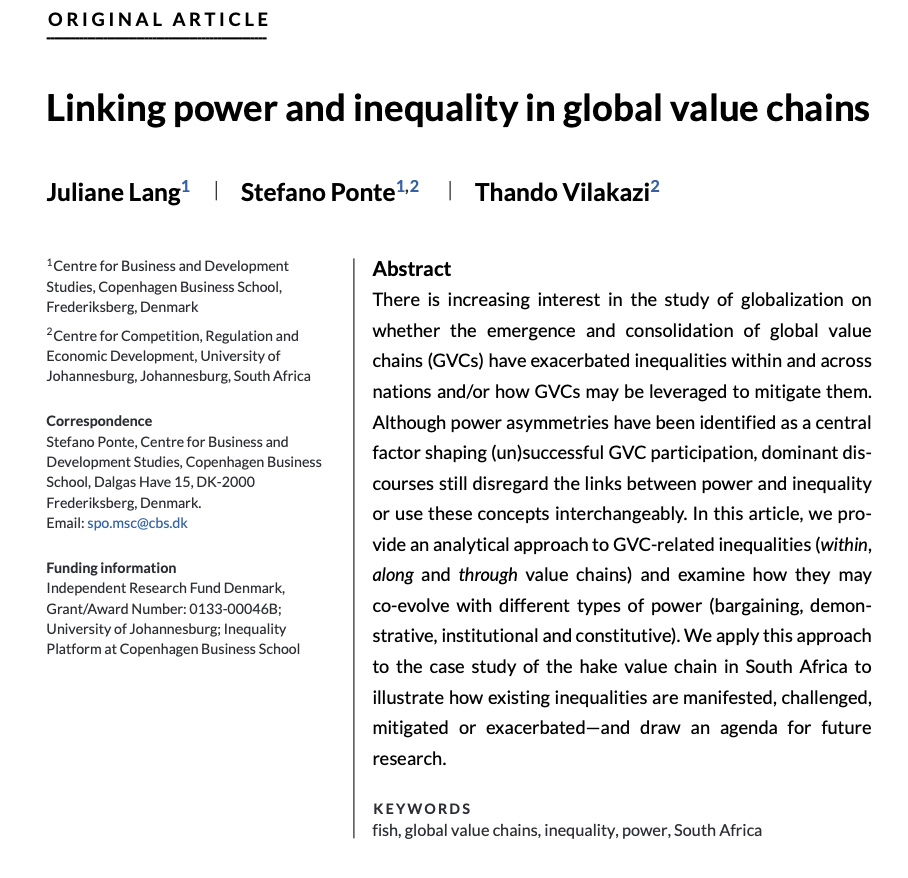︎

Stefano Ponte
Copenhagen Business School
Stefano Ponte is a Professor of International Political Economy and Director of the Centre for Business and Development Studies at Copenhagen Business School. His research focuses on governance dynamics, and economic and environmental upgrading trajectories in global value chains — especially in developing countries and in Africa. He is particularly interested in how sustainability standards, labels and certifications shape agro-food value chains, and in how different forms of partnerships affect sustainability outcomes.
MORE ABOUT STEFANO PONTE >Jan 1, 2019
Stefano Ponte
Green Capital Accumulation: Business and Sustainability Management in a World of Global Value Chains
Tackling climate change and other environmental crises entails a critical reflection on processes and outcomes that are behind sustainability management by business. Sustainability has become a commodity itself, to be traded, bought, sold and managed like all others. How lead firms in global value c...
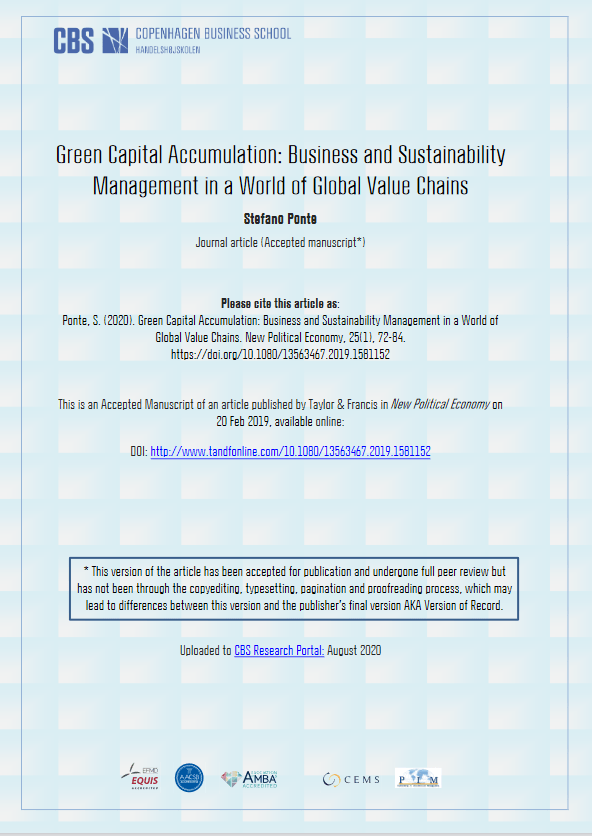
Jan 1, 2019
Mahwish J Khan, Stefano Ponte, Peter Lund-Thomsen
The ‘factory manager dilemma’: Purchasing practices and environmental upgrading in apparel global value chains
Economic and environmental upgrading in global value chains are intertwined processes. The existing global value chain literature has so far articulated the relationships between economic and social upgrading but has only recently started to explore the challenges of environmental upgrading from the...
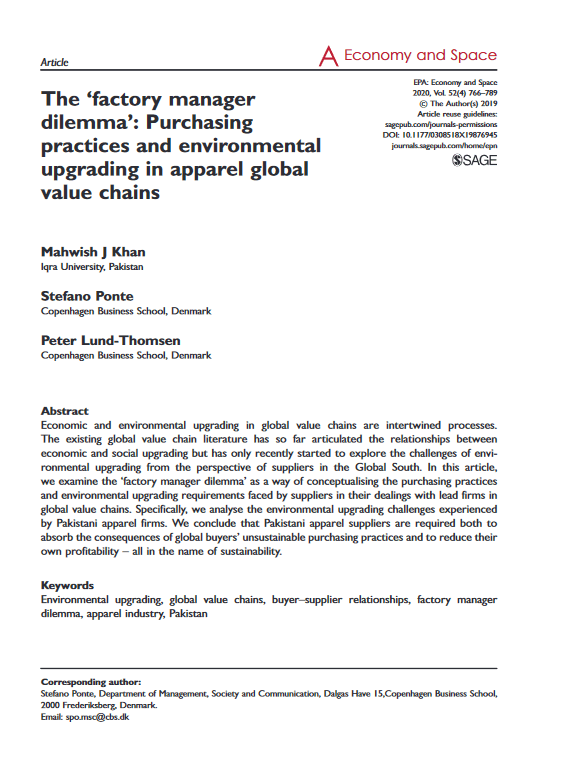
Jan 1, 2019
Janina Grabs, Stefano Ponte
The evolution of power in the global coffee value chain and production network
The configurations of global value chains and production networks are constantly changing, leading to new trajectories and geographical distributions of value creation and capture. In this article, we offer a 40-year evolutionary perspective on power and governance in the global coffee value chain a...
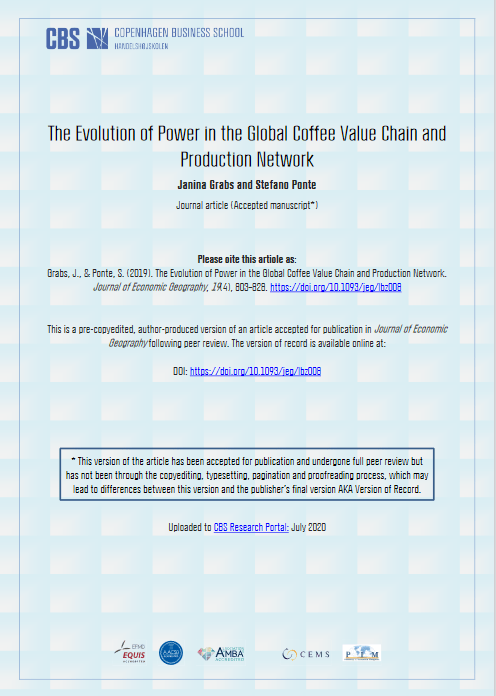
Jan 1, 2019
Stefano Ponte, Gary Gereffi, Gale Raj-Reichert
Handbook on Global Value Chains
Global value chains (GVCs) are a key feature of the global economy in the 21st century. They show how international investment and trade create cross-border production networks that link countries, firms and workers around the globe. This Handbook describes how GVCs arise and vary across industries ...
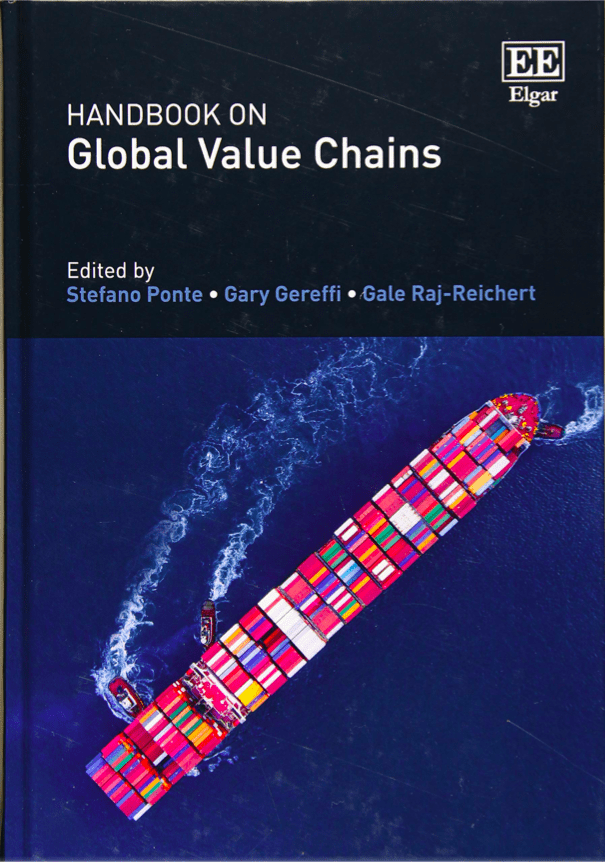
Apr 5, 2022
Sustainable Global Supply Chains Report 2022
Global supply chains affect the economy, the environment and social welfare in many ways. Worldwide, economies are experiencing global supply shortages today, affecting key industries such as automotive and consumer electronics as well as vaccine and medical supplies industries. These preoccupy poli...

Jan 1, 2020
DeMarchi, V, DiMaria, E, Krishnan, A and Ponte, S
Environmental upgrading in global value chains
Responding to stakeholder pressure, firms are increasingly challenged to reduce their environmental impacts. This chapter reviews the potential upgrading trajectories for firms engaged in global value chains (GVCs) to effectively reduce the impacts on the environment of all activities linked to thei...

Mar 7, 2022
Stefano Ponte
Who Gains and who pays the costs of environmental sustainability in global value chains?
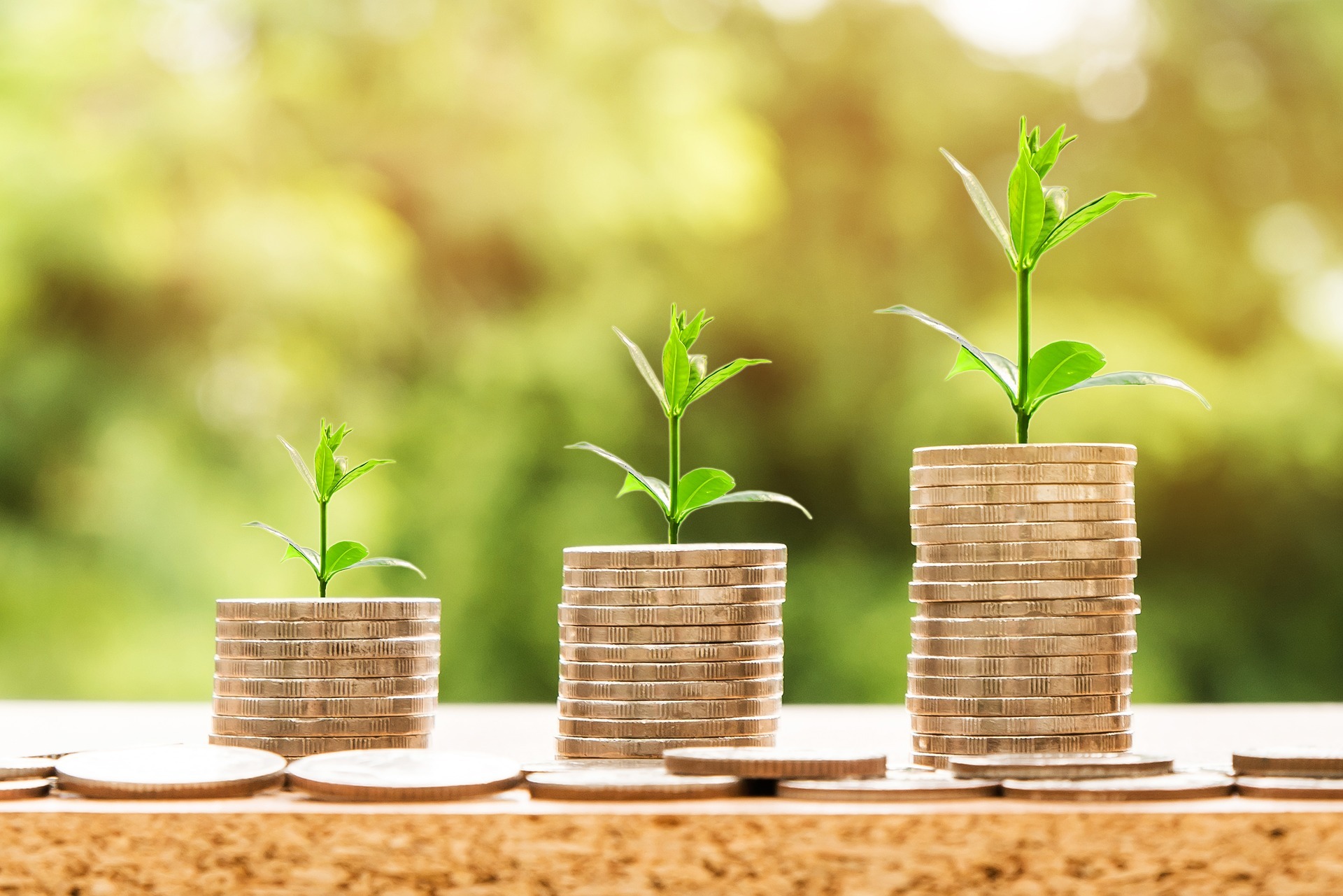
Mar 15, 2024
Stefano Ponte, Jennifer Blair, Mark Dallas
Power and inequality in global value chains: Advancing the research agenda
Power is a central, but largely undertheorized, concept for scholars of global value chains (GVCs). In this introduction to a special issue on power and inequality in GVCs, the authors summarize the key insights from the articles gathered here and explain how the collection advances our understandin...
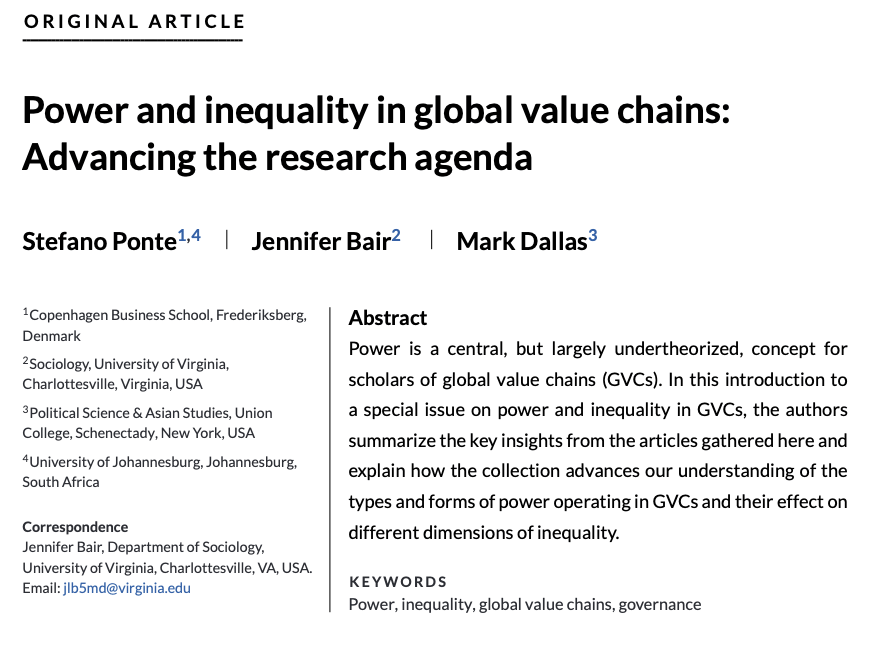
Mar 15, 2024
Juliane Lang, Stefano Ponte, Thando Vilakazi
Linking power and inequality in global value chains
There is increasing interest in the study of globalization on whether the emergence and consolidation of global value chains (GVCs) have exacerbated inequalities within and across nations and/or how GVCs may be leveraged to mitigate them. Although power asymmetries have been identified as a central ...
